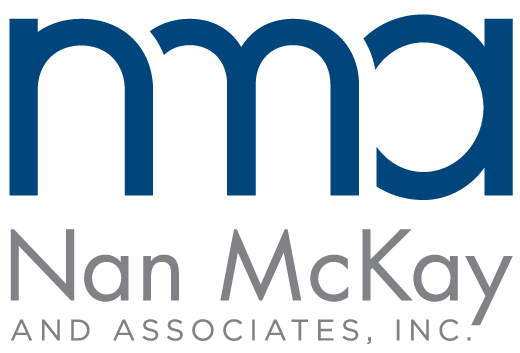Navigating the maze of regulatory differences in blended occupancy projects: Part II
 With aging housing stock and dwindling resources, it's not uncommon to manage projects with two, three, or more separate sources of funding and/or subsidy, each with different oversight agencies and compliance requirements.
With aging housing stock and dwindling resources, it's not uncommon to manage projects with two, three, or more separate sources of funding and/or subsidy, each with different oversight agencies and compliance requirements.
These blended occupancy projects, also referred to as mixed-finance projects, have multiple funding and/or subsidy sources, creating a maze of complicated and often conflicting regulations. In addition to being proficient in the HCV and public housing programs, PHA managers and staff must now be knowledgeable in a variety of other programs such as project-based vouchers (PBV), Low-Income Housing Tax Credit (LIHTC) and HOME.
Failure to maintain continuous program compliance in these programs can result in serious consequences. Follow our three-part series to learn more about some of the major regulatory differences in blended occupancy projects.
Part I: Inspection Standards/Frequency
Part II: Annual Recertification Requirements
Annual Recertification Requirements
Annual recertification requirements can vary significantly in projects with multiple funding/subsidy sources. We recommend adherence to the most restrictive annual recertification requirement to ensure that your projects and units remain in continuous program compliance. Some of the major differences are outlined below:
Low-Income Housing Tax Credit (LIHTC) Annual Reexamination Requirements:
Annual recertifications of household income and composition must be conducted for all LIHTC units located in certain LIHTC projects.
In projects maintained as 100% LIHTC, HERA (The Housing and Economic Recovery Act of 2008) eliminated the requirement for annual recertifications. Many state agencies, owners, and syndicators, however, still require full annual recertifications, or a combination of full/partial annual recertification for 100% LIHTC projects. Check with your owner, syndicator and state monitoring agency on annual recertification requirements.
Projects with a mix of LIHTC and non-LIHTC projects must conduct annual recertifications according to owner, syndicator, and state agency requirements. For both types of LIHTC projects, many owners, syndicators, and state agencies may require that you use specific forms to capture household composition and income/asset information.
Section 8 Project-Based Rental Assistance (PBRA) Annual Recertification Requirements:
Annual recertifications of household income and composition must be conducted by the household’s anniversary date. Annual recertification requirements are outlined in HUD Handbook 4350.3, Chapter 7.
Section 8 Housing Choice Voucher Project-Based (PBV) Annual Recertification Requirements:
Annual recertifications of household income and composition must be conducted by the PHA in accordance with the PHA’s administrative plan within 30 days prior to the anniversary date.
Public Housing Annual Recertification Requirements:
Annual recertification of household income and composition must be conducted for families paying income-based rent at least annually. Families paying flat rent require income recertification at least once every three years.
HOME Annual Recertification Requirements:
Annual recertifications of household income and composition must be conducted in accordance with the participating jurisdictions' policies for the HOME program. HUD regulations require that every 6th year of the project’s affordability period, not the tenancy period, source documentation must be used by the owner to verify household income. Self-certification can be used in the intervening years, if allowed by the participating jurisdictions' policies.
As an NMA trainer and consultant, Sheryl Putnam spearheaded the development of NMA's Blended Occupancy Management course.


